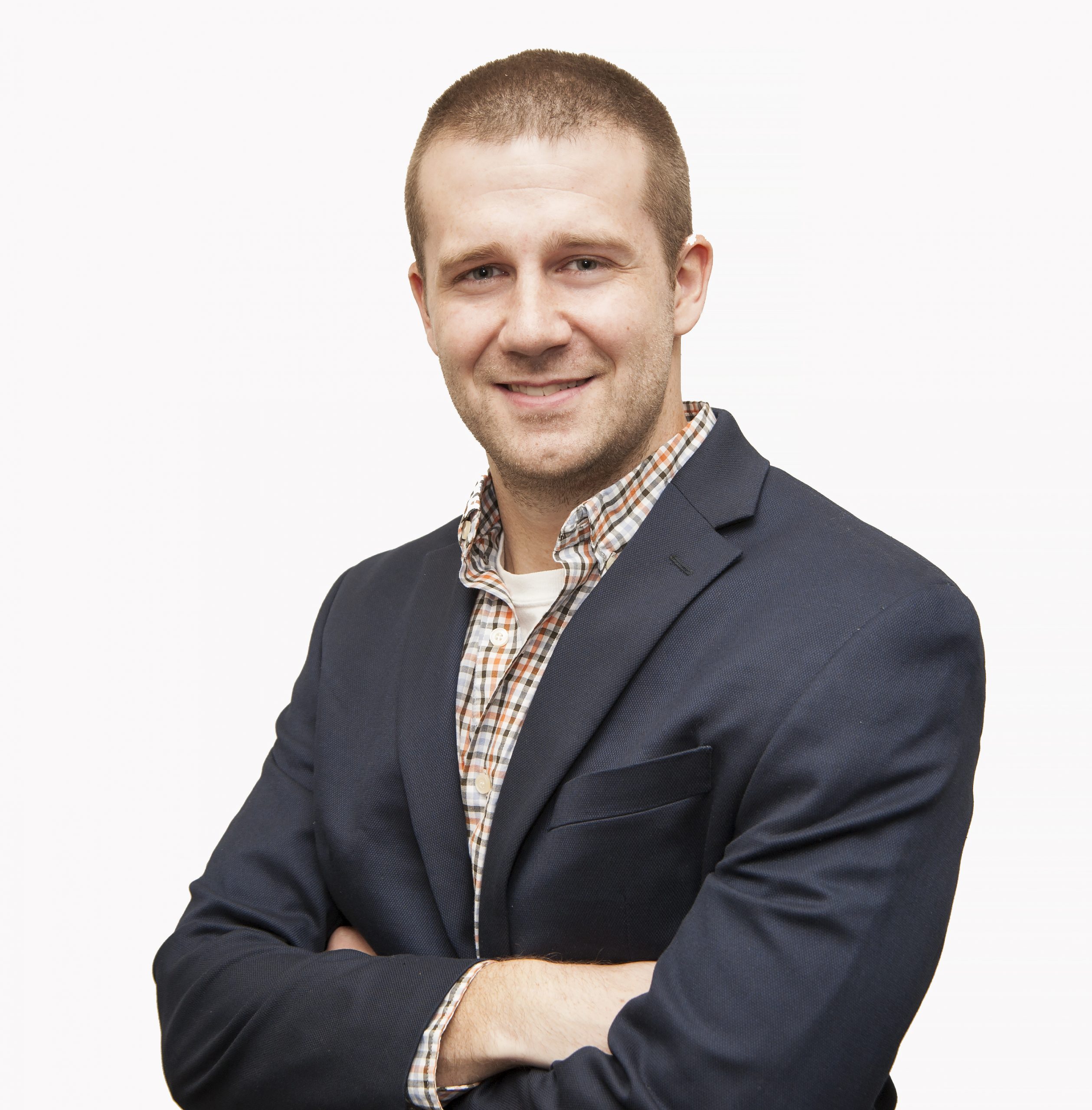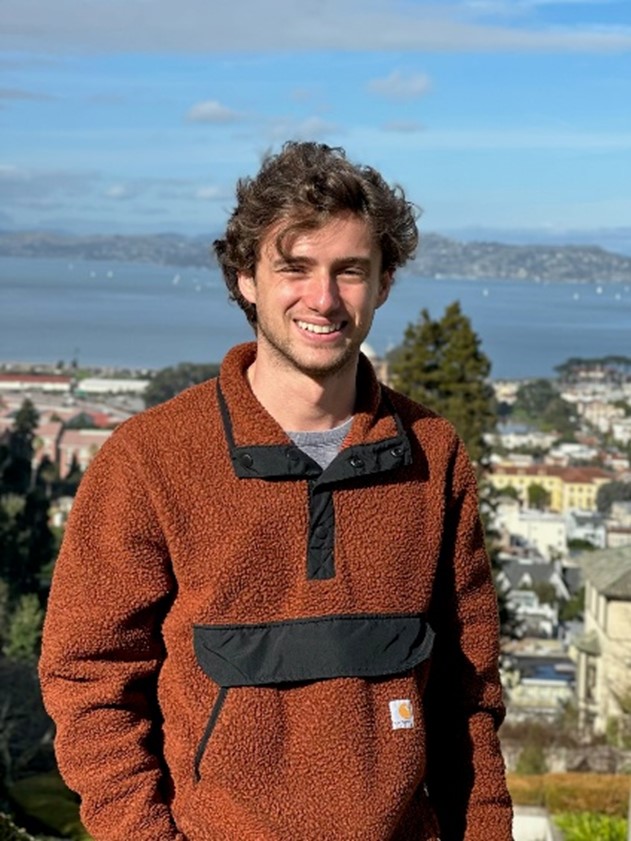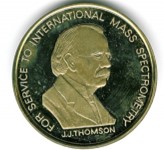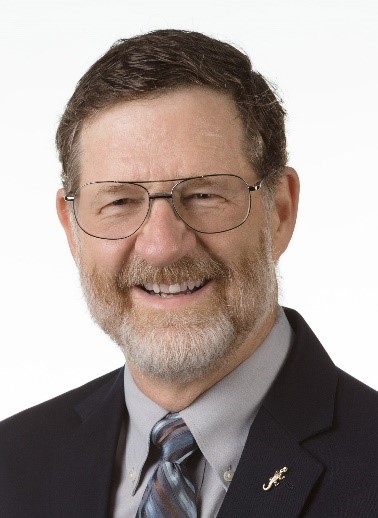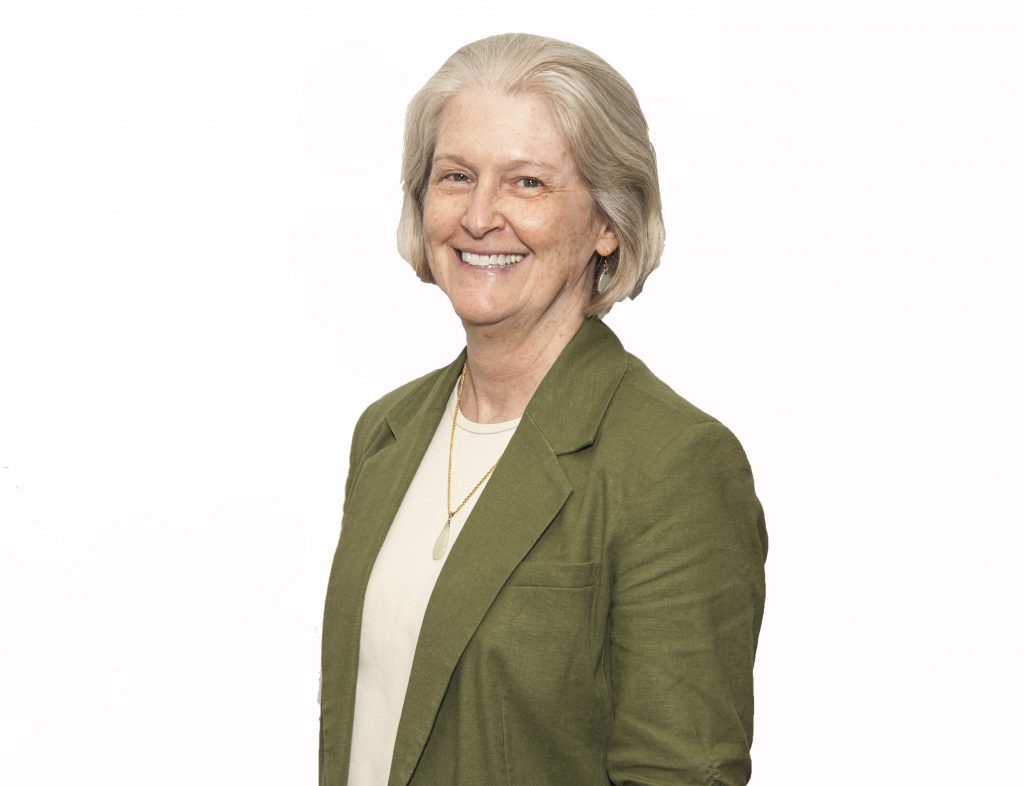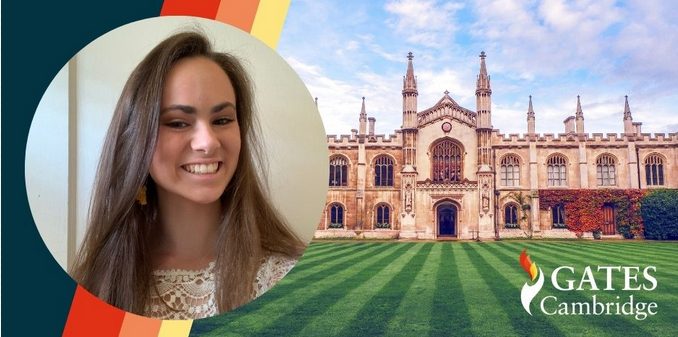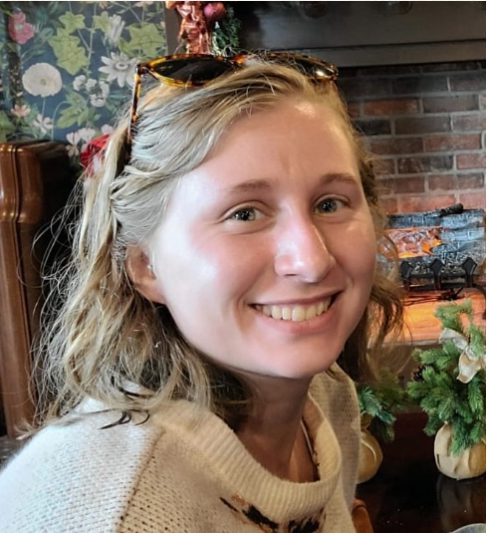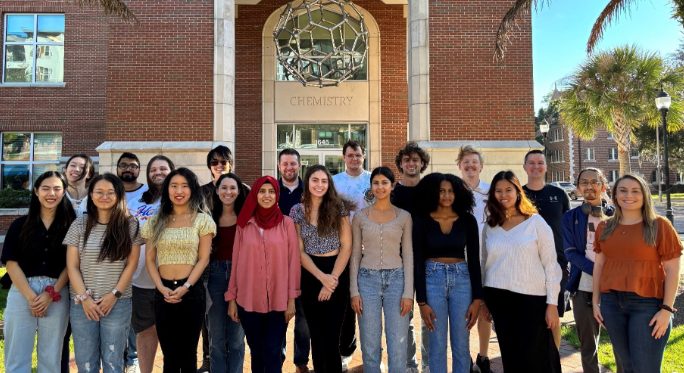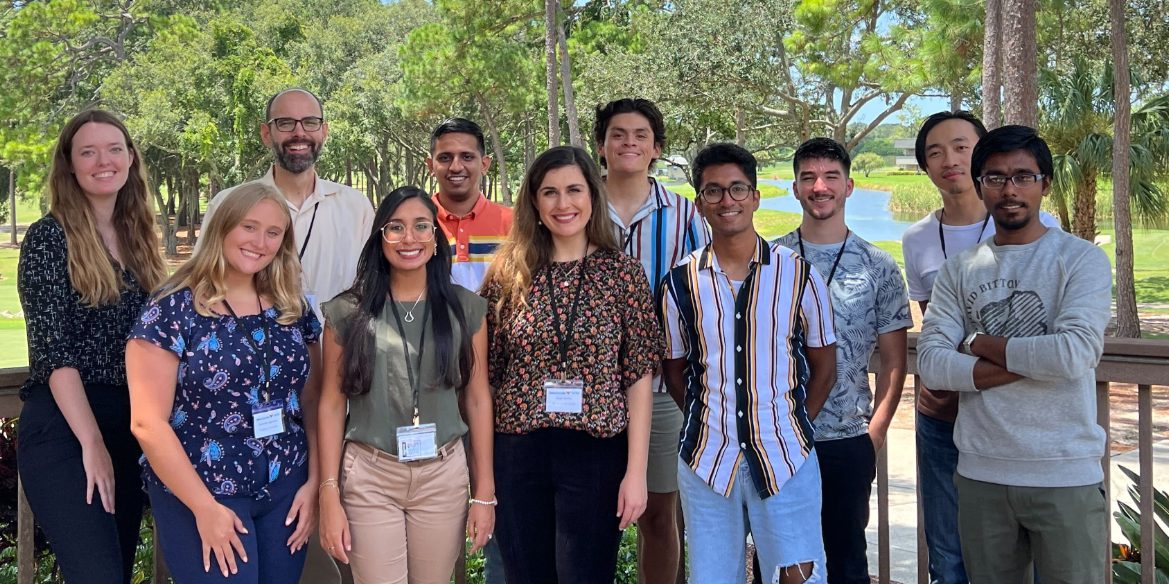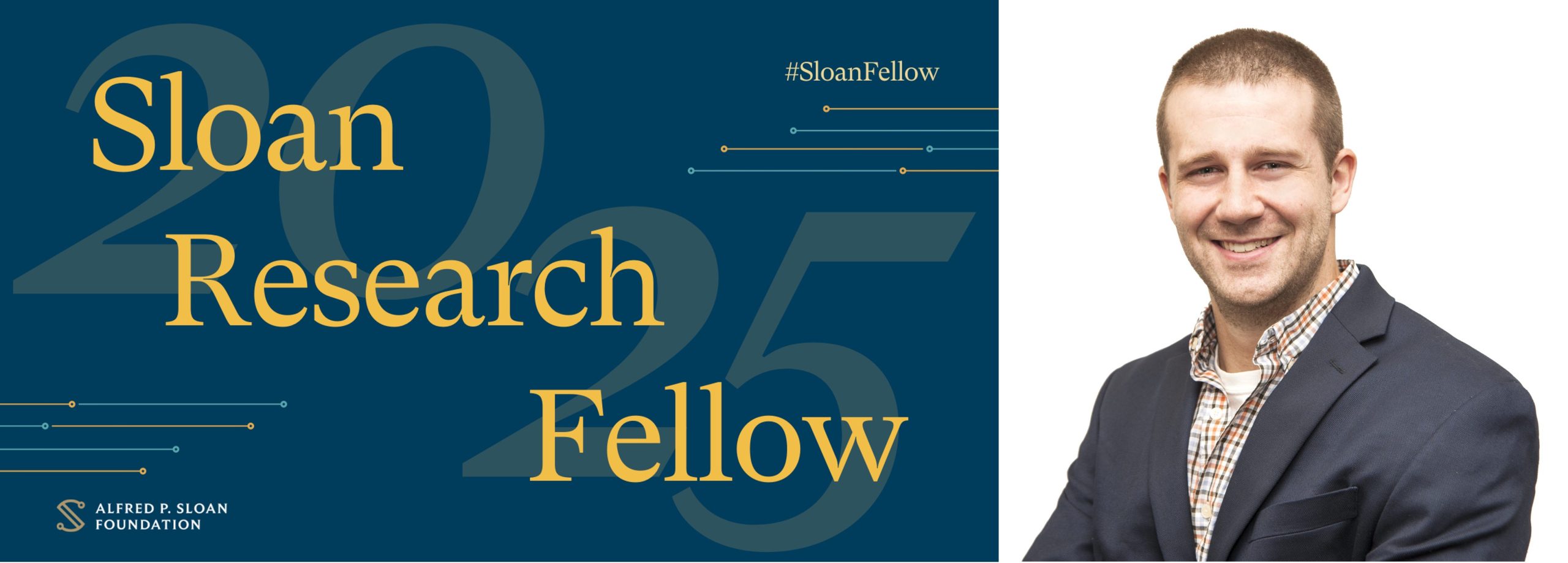
Assistant Professor Boone Prentice was selected to receive one of the Alfred P. Sloan Foundation Research Fellowships! Congratulations!
According to the press announcement, 126 scholars from 51 institutions were selected to receive this prestigious award. These fellowships “honor exceptional researchers at US and Canadian educational institutions, whose creativity, innovation, and research accomplishments make them stand out as the next generation of leaders.” Adam F. Falk, the president of the Alfred P. Sloan Foundation stated in the announcement that “The Sloan Research Fellows represent the very best of early-career science, embodying the creativity, ambition, and rigor that drive discovery forward.”
Prof. Prentice’s fellowship, which was awarded in the field of Chemistry, focuses on developing high resolution molecular imaging using mass spectrometry. Prof. Prentice’s research is positioned at the interface of analytical chemistry, physical chemistry, organic chemistry, and chemical biology. His interdisciplinary development of next-generation chemical instrumentation, gas-phase reactions, novel sample preparation strategies, and computational tools are combined with imaging mass spectrometry spatial -omics technologies to visualize biochemical processes in tissues. These new fundamental advances are then used to understand the molecular pathology associated with important problems in human health, including infectious disease, neurodegeneration, and diabetes. His group has made significant advances in both technology development and understanding disease biochemistry. Check out his lab’s research website here.
Previous UF Chemistry recipients include Bill Jones (1963), Merle Bettiste (1967), Bill Dolbier (1970), David Micha (1971), Dave Richardson (1988), Bob Kennedy (1995), Mike Scott (2002), Adam Veige (2010), and Rebecca Butcher (2014).
